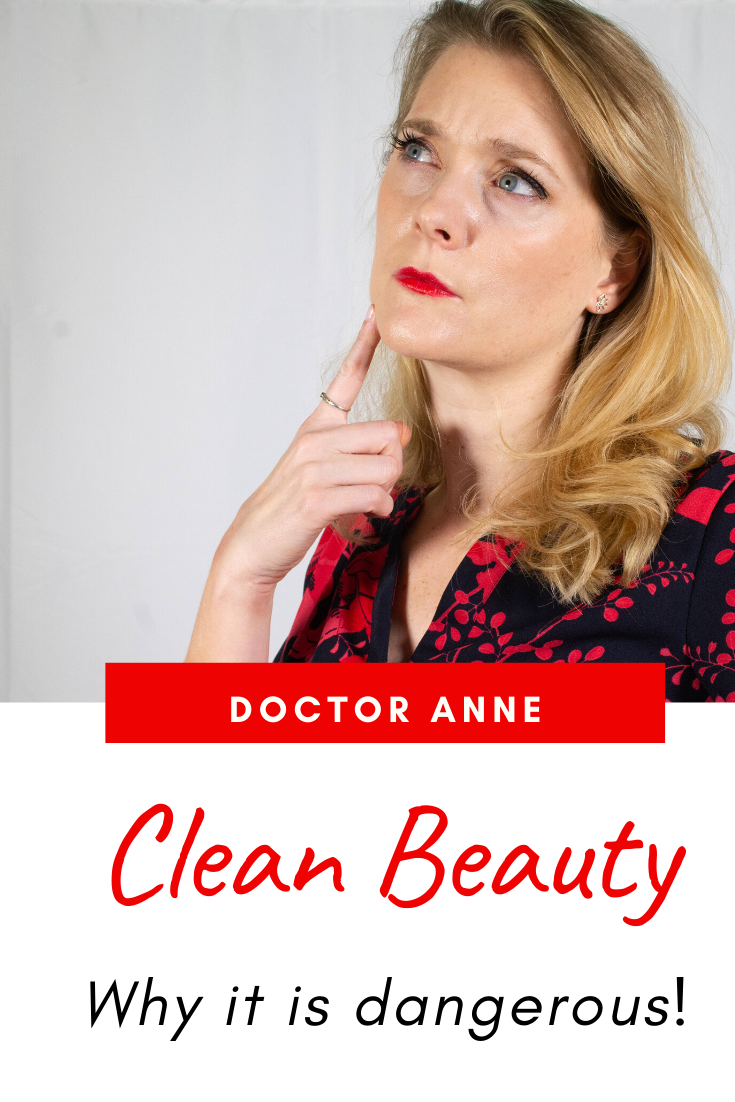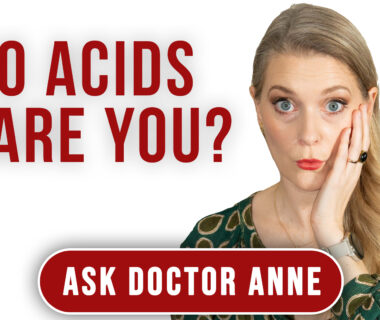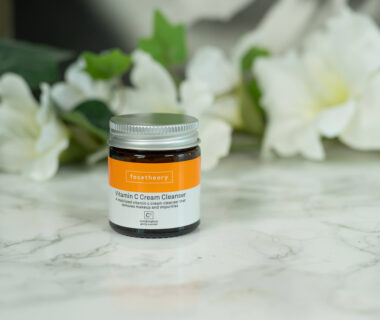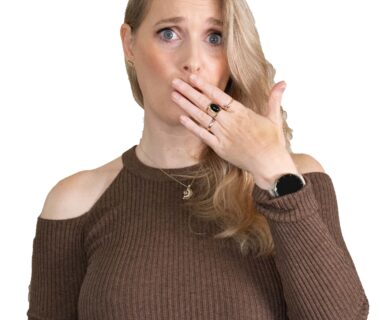It is no coincidence that I am writing this article right now. Clean Beauty and the many misinformations have been on my mind for a while, but what finally made me put finger to keyboard was the recent airing of the GOOP documentary on Netflix.
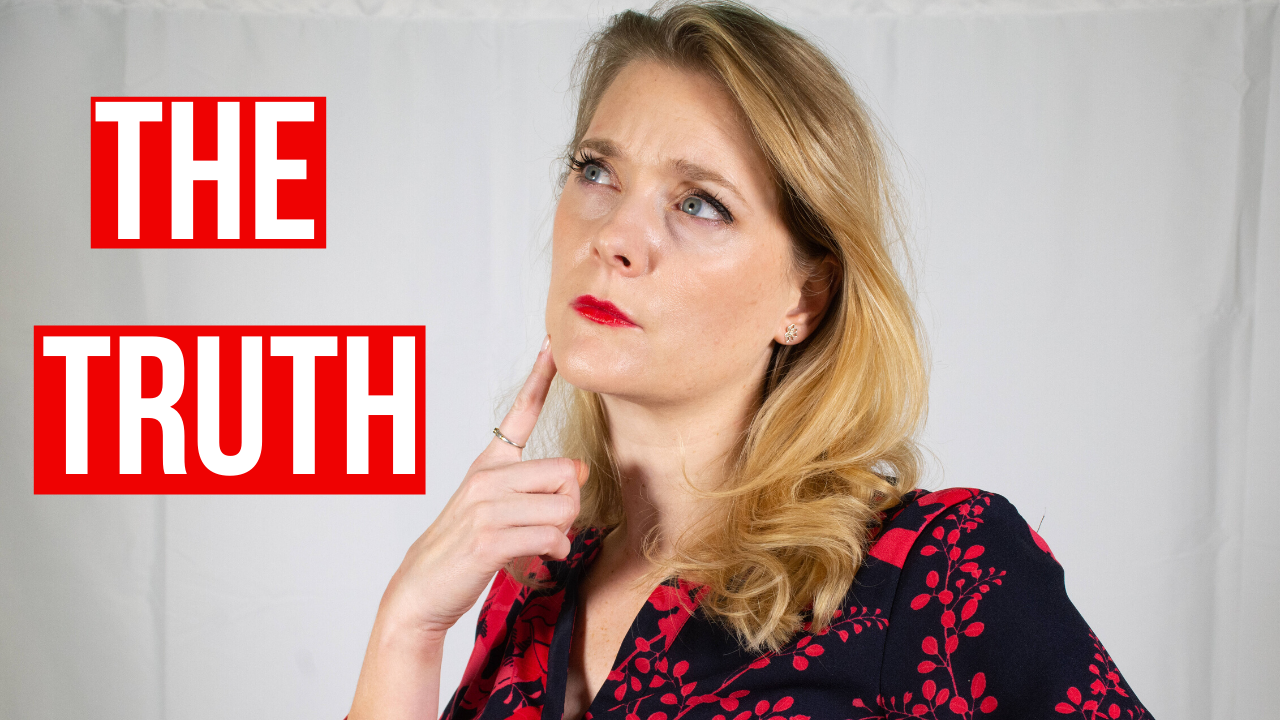
Which I, for full disclosure, haven’t seen yet and probably won’t watch anytime soon, as my time is too precious to waste on things I really don’t want to watch.
I have however followed Gwyneth Paltrow and her sometimes quirky and sometimes dangerous health advice over several years, long enough to firmly stand by the statement that health advice should be given by experts only, and that celebrities are of course entitled to their opinion, but should clearly label them as that: Just an opinion, not sound advice.
But this is not meant to be about GP and Jade Eggs, but about Clean Beauty in general, a topic that spreads much wider than Netflix shows. A topic that has made millions of $ in 2019 and doesnt seem to be going anywhere anytime soon. Anywhere like, in the sea for example.
What does Clean Beauty actually mean?
Absolutely nothing.
It is not regulated, so what they define as „Clean“ is absolutely up to the brand. I have seen it used frequently synonimous with „free from silicones, parabens, propylenglycol, PEG, fragrance, whatever“, sometimes in regards to everything mentioned, sometimes just for one or two of these ingredients, but I have also seen it used to underline vegan, organic or sustainable claims.
So while it might mean good things (I am all for sustainably sourced skincare), it might as well mean nothing at all, and you as a consumer have no means to tell. You just see that the brand (or retailer) defines a product as Clean by its own standards, and quite often you don’t even have information to why a brand decided to ban a certain ingredient from their clean products.
So if you decide to purchase Clean Beauty, that might mean that it does contain silicones or that it doesnt, that it does contain fragrance or that it doesnt, which is basically the same as having no meaning at all.
It might mean something to you as a person, but you can’t assume that it means the same to your neighbour.
Why do companies use the term then?
If it is not regulated, why do companies use the term „Clean Beauty“ at all?
The answer is simple, and, to no surprise: Money.
Using the term „Clean Beauty“ is a marketing advantage, it helps your product stand out among the plethora of new releases flooding the market every month. It sets your product apart from the others in a positive way, and speaks to the consumers subconscious.
People don’t know it doesnt mean a thing, they just see that yours is a „clean moisturizer“, while the next one is just a moisturizer, so surely your product needs to be something special? You could call it „angelic moisturizer“, that would mean as little as calling it „clean“, but clean draws people in.
Saying your product is clean implies that others are dirty, and no one in their right mind would want dirty skincare.
If it simply isn’t regulated, what is the problem?
Calling yourself Clean implies that others are dirty, dirty in this case meaning „dangerous“ or „toxic“.
I have said it multiple times already, but I will say it again: There are no dangerous or toxic substances in your skincare (assuming you buy a regular brand, not something someone mixed in their kitchen)!
Killing your customers is not a great marketing strategy, and no matter what you will read on the internet: Parabens, silicones and mineral oil are perfectly safe, we have sufficient data to back up this claim, and countless credible expert sources that confirm that. (Read more on the recent ban of „free from“ claims in the EU here)
If a manufacturer adheres to the rules, he may sell you a product that doesn´t agree with your skin, or that is overpriced or simply and utterly useless, but he will not sell you a product that puts you in danger!
Claiming or just implying otherwise is fearmongering and does much more damage than parabens ever will. Because, once again for the people in the back row, parabens are a safe and efficient preservative system, and banning them from your Clean product increases the risk of bacterial overgrowth or leads to you using other preservative systems that have not been as thoroughly tested.
“Clean Beauty” the way it is used right now is fearmongering, and fearmongering should not be the base of your skincare decisions.
Fearmongering is dangerous, and it is lying to the customer.
There is no need for “Clean Beauty” because there are no toxins in your skincare products. There is no place for lies and fearmongers.
Just stop it.
